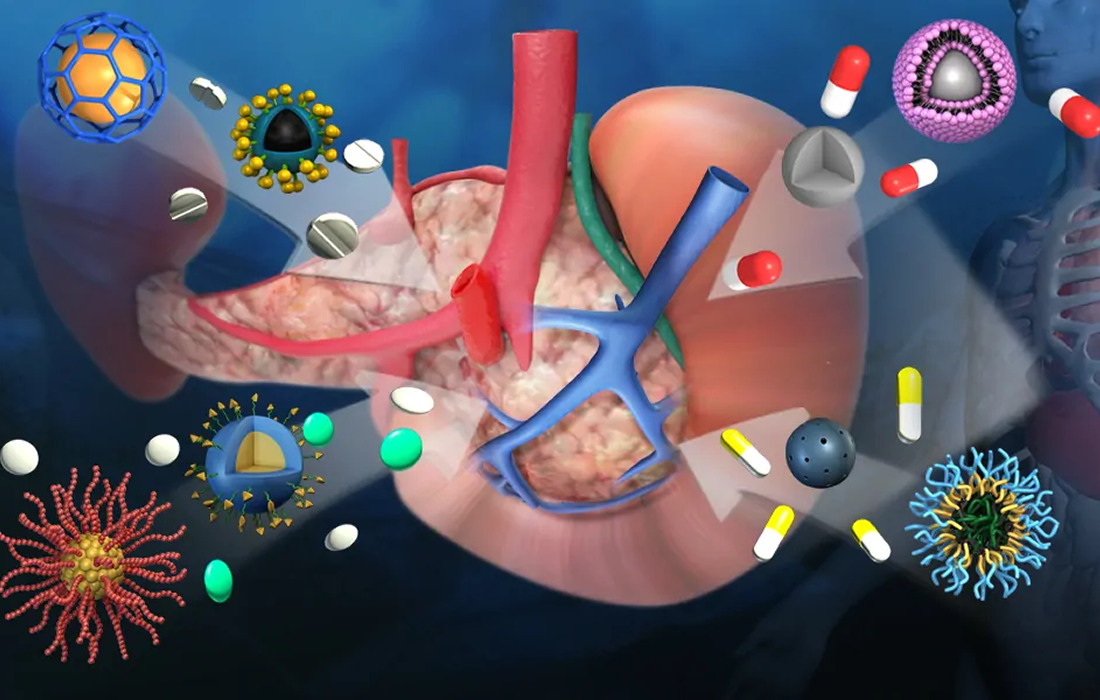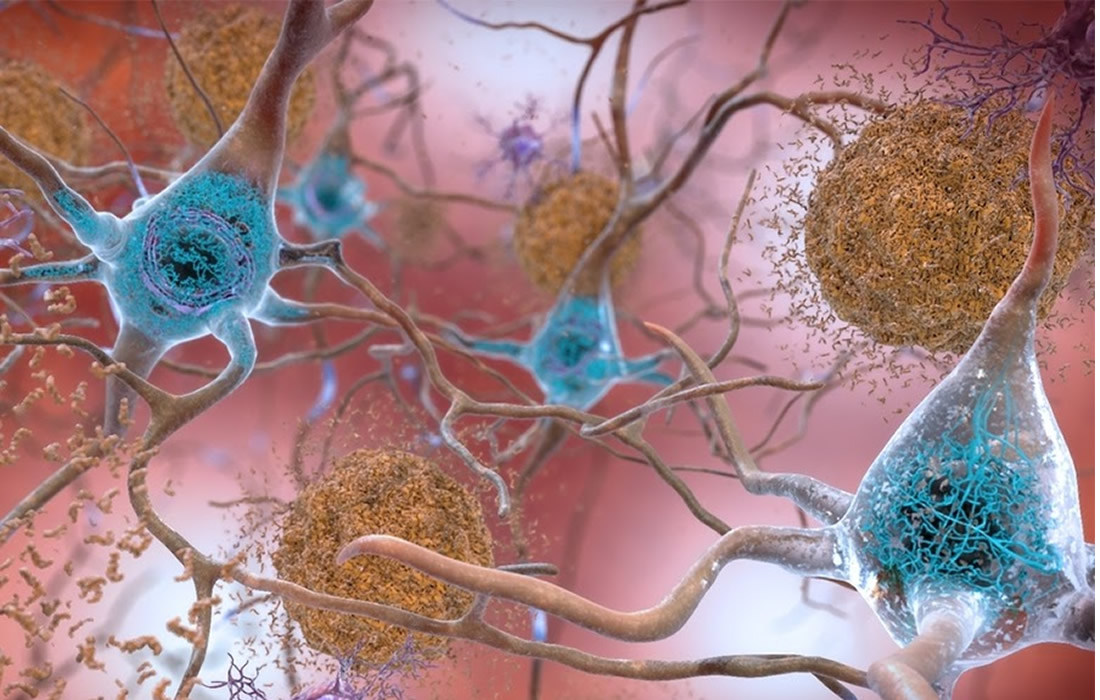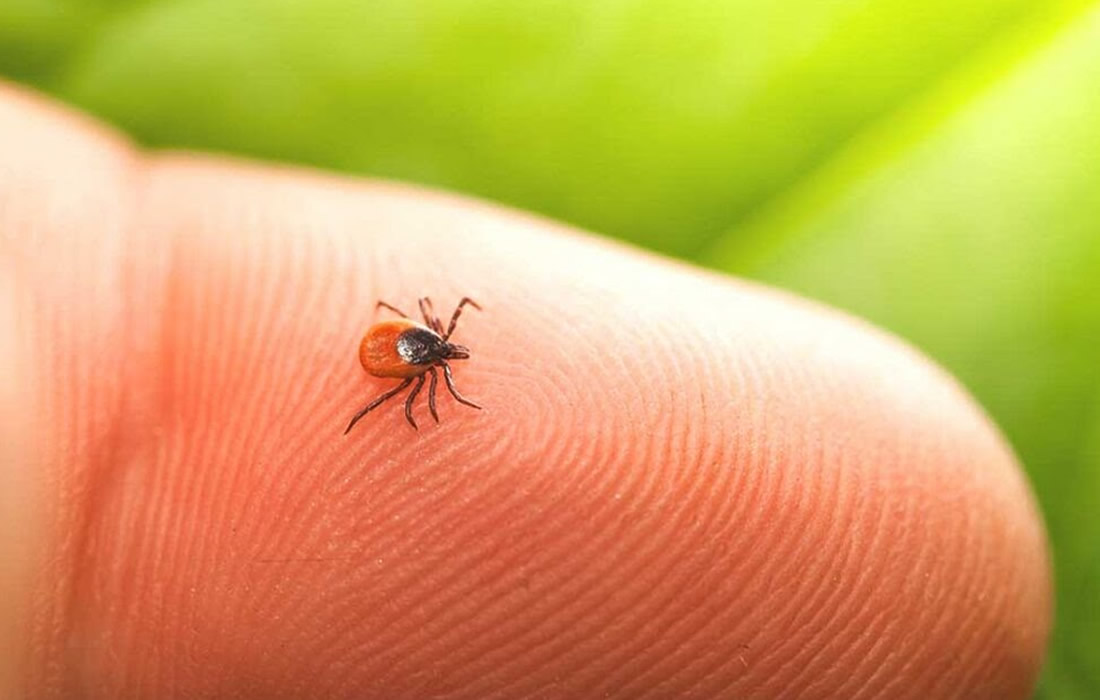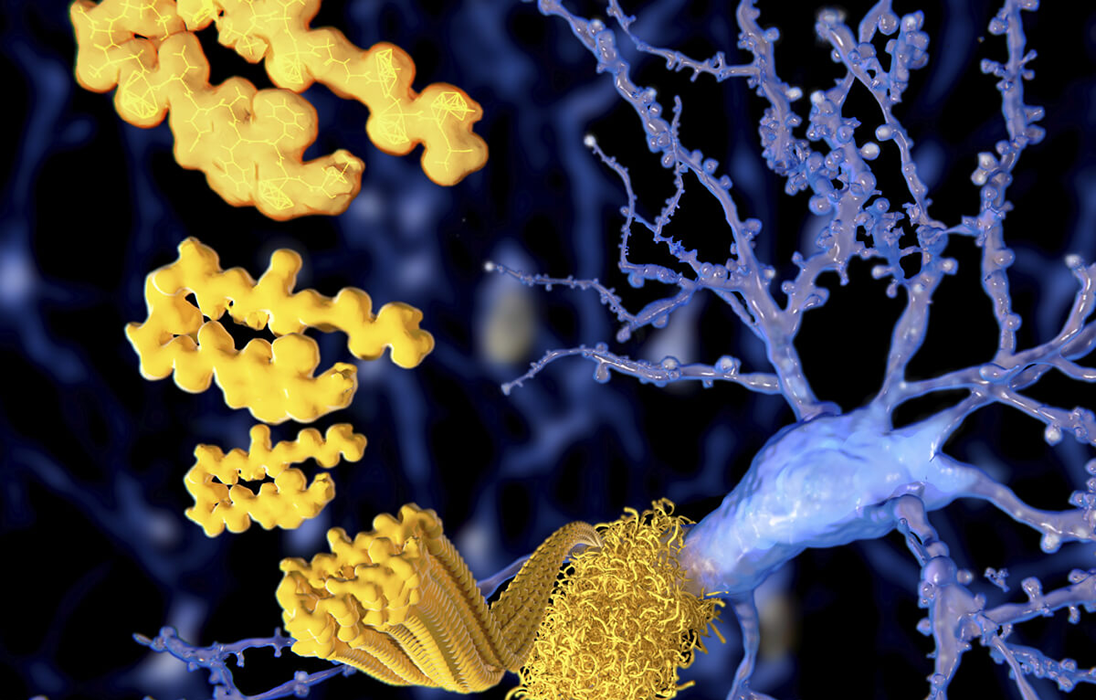Spinach is a dark leafy green vegetable with a high chlorophyll content and other diverse bioactives. Previous research has identified spinach as having anti-colon cancer properties. A new study from the TAMU Health Science Center reaffirmed the anticancer properties of spinach and investigates how the vegetable with gut bacteria and genetics to achieve its beneficial […]
Author Archives: Francisco Fernandez, MD
What is Type 1 Diabetes Mellitus? Type 1 diabetes mellitus (T1DM) is the most common chronic autoimmune disease in young patients and is characterized by the loss of pancreatic β cells; as a result, the body becomes insulin deficient and hyperglycemic. In type 1 diabetes mellitus, autoimmune destruction of pancreatic islet b cells reduces an […]
What is the gut microbiome? The gut microbiome is a dynamic ecosystem that consists of trillions of bacteria, fungi, and other microbes that live inside the digestive system. It greatly influences overall health, and usually, we notice its effects only when there is an imbalance. The human microbiome is composed of bacteria, archaea, viruses, and […]
What is Alzheimer’s Disease? Around 50 million people live with dementia, with an estimated global cost of care being $818 billion US dollars. Dementia is a fatal clinical disorder characterized by amnesia, progressive cognitive impairment, disorientation, behavioral disturbances, and loss of normal daily function—Alzheimer’s disease is the most common type of dementia. Most Alzheimer’s diseases […]
The hallmark of Alzheimer’s disease (AD) is the deposition of amyloid plaques and neurofibrillary tangles in the brain. Elevated levels of brain-pathologies, including amyloid-β and neurofibrillary tangles, initiate a series of molecular events leading to neuronal damage and, ultimately, cognitive impairment. Alzheimer’s disease is the most common form of dementia. Around 1 in 9 adults […]
Lyme’s disease is the most common vector‐borne illness in the United States and Europe, as migratory birds, among other factors, are spreading infections, increasing the burden of illness. In 2015, CDC researchers reported an estimated 329,000 new cases of Lyme disease in the United States, with a 320% increase in the number of counties affected. […]
The Centers for Disease Control and Prevention (CDC) estimate that up to 5.8 million people in the United States live with Alzheimer’s disease. Alzheimer’s disease is a neurodegenerative condition affecting parts of the brain associated with memory, thought, and language. Its symptoms range from mild memory loss to the inability to hold conversations to environmental […]
Autism spectrum disorders (ASDs) are complex neurodevelopmental disorders characterized by dysfunctions in social interactions, abnormal to absent verbal communication, restricted interests and repetitive stereotypic verbal and non-verbal behaviors, influencing the ability to relate and communicate. The prevalence of these disorders has increased dramatically in the last years, with rates of 11.3 per 1,000 (1 in […]
Major depressive disorder is the leading cause of disability worldwide. Yet, there remain significant challenges in predicting new cases of major depression and devising strategies to prevent the disorder. An essential first step in this process is identifying risk factors for the incidence of major depressive disorder. There is accumulating biological evidence linking insulin resistance […]
Since the emergence of the novel coronavirus infection, COVID-19, researchers have been looking for a treatment to stop the devastating pandemic. During these efforts, mesenchymal stem cells (MSCs) have shown potential as the next generation of therapeutic methods with wide application for diseases that have successfully controlled “cytokine storm” following the virus infection. In December […]










